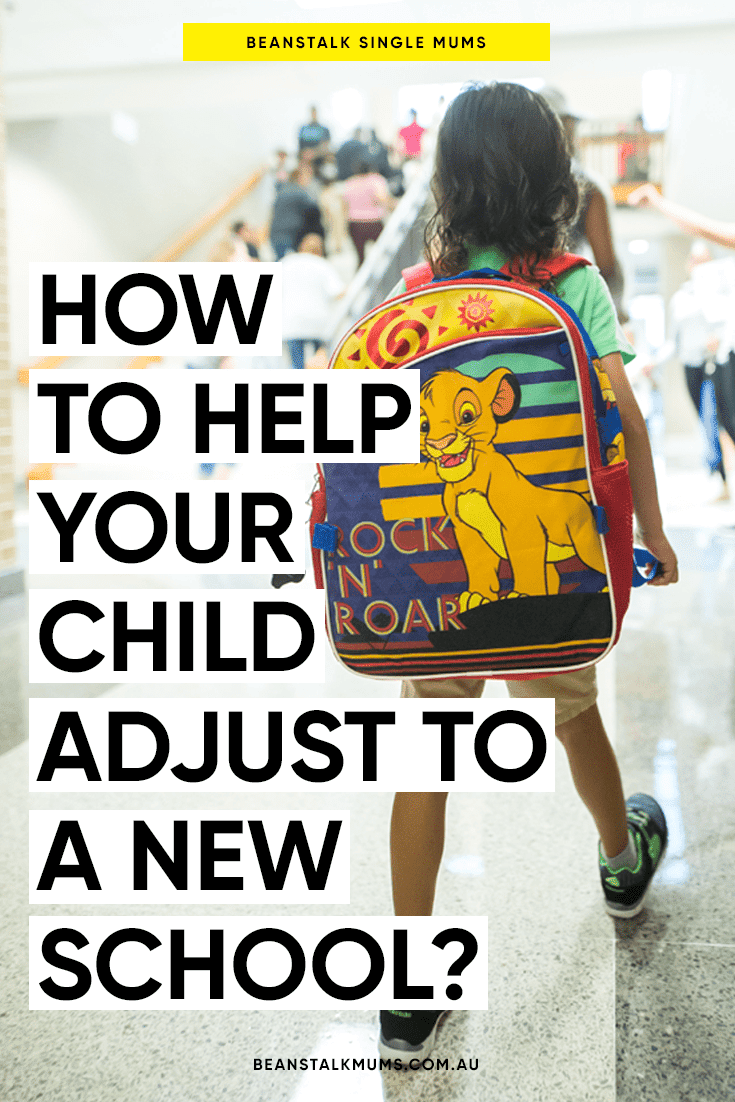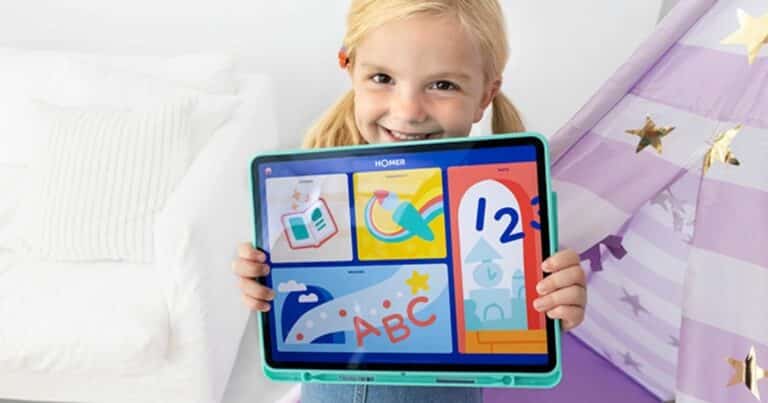
Sometimes we have to make choices that don’t meet our desires. Packing our whole life in suitcases and boxes, moving houses, cities and countries, changing jobs and schools. Change is inevitable at certain times in our lives.
Although adults are familiar with the constant flow of life events, kids may feel stressed-out and anxious about something new, such as changing school. So, as a mum, you can prepare your son or daughter for the new place they’ll soon become a part of.
Being involved in what your child goes through is the key. So here are some helpful tips to let you understand more how your child feels during adjustment and make the changing school process less stressful for your little one.
Talk about changing school with your child
Transition can put your child into a completely different environment. No wonder it can bring about substantial emotional overload.
Many children have their own way of dealing with emotions. Some may find it thrilling to imagine how life will go on at the new school; others may be too distrustful and expect the worst from anyone and everything. Therefore it’s important for mum to stay aware of the feelings and expectations of her child.
Remember to talk with your child about their feelings. Ask about the people and things they regret saying goodbye to. You can also find out what’s going on in your child’s mind using one of the parental control apps, such as KidSecured. Analysing the online activity of your child, you can understand them better.
Apart from dealing with the goodbye part of the transition, try to create a detailed image of the new place. Tell them about the new school, find out more about teachers to make your child less frightened of new people in their life. Maybe even show photos of the school premises.
Easy discussion will help to make changes less painful for your child (and for you!).
Saying goodbye to old friends
Leaving familiar surroundings also means saying goodbye to people who were part of the known environment. Good teachers and friends your child got close to, will also make it harder to sever ties with their old school.
Arranging a farewell party may help your child acknowledge transition is indeed happening. Invite some of the kid’s friends for a BBQ or any other activity you prefer, and spend time reminiscing the good old days. Make arrangements to stay in touch in the future, which is super easy with video-calling apps, however far apart you are.
What if your child doesn’t have very pleasant memories of the old school?
In that case, you both need to leave the past where it belongs and be happy about the changes that are about to happen. Plan a cosy dinner together with your child and let your little pumpkin express their honest thoughts on the transition. Maybe the change is something you can excited about together?
Explore the new school premises
There is no better cure for fear than to look it in the eyes!
For this reason, and to make changing school less traumatic, try and get acquainted with the school beforehand.
Take a tour of the school and discover whether there are parks, cafes or activity clubs nearby. Explore the surrounding area and explain to your child how to get home from school. Show them where you will be waiting for them at the end of each day. Or show them where the bus station is located if they need to take the bus home.
Always make arrangements, where possible, to take and collect your child from school on the first day, ideally for the first week.
Introduce your child to extra-curricular activities
Many schools have a selection of extra-curricular activities for kids of all ages. Apart from regular sports games, such as football, gymnastics and swimming, kids can take part in subject-based activities and/or learn something fun.
If your child expresses interest towards a particular subject or activity at school, encourage it!
For the creative thinkers, consider signing them up for drama, art or music. If they need to more movement in their lives, individual sports activities like dancing or karate may encourage them to be more active and help to reduce stress.
You may think that after-school classes are not what your overwhelmed child needs. But actually, such activities could help your kid to clear out their head and meet new friends. Remember, studying doesn’t always let students talk to each other properly. On the other hand, the quality time spent together with other children will improve their social skills and help them adjust to the new environment faster.
Be there for your child
Even if your child is a little prodigy, they may find it challenging to keep up the good work at the new school. Expect that their grades may change and your kid’s overall performance may be affected by the transition.
You can help your child get back on track.
Show your support and understanding. For example, offer your help with homework and explain complicated topics in your own words. Even if you aren’t keen on biology or chemistry, you can Google some things and introduce your child to the easiest way of solving equations.
When the homework is done, both you and your child can enjoy quality family time together. You could do a DIY project, make a carrot cake (who doesn’t need some extra beta-carotene?) or grab some snacks and spend the evening watching Gilmore Girls or Stranger Things.
By getting closer to your child, you’ll be able to develop a strong emotional bond and help your them forget about stress and anxiety caused by the transition.














